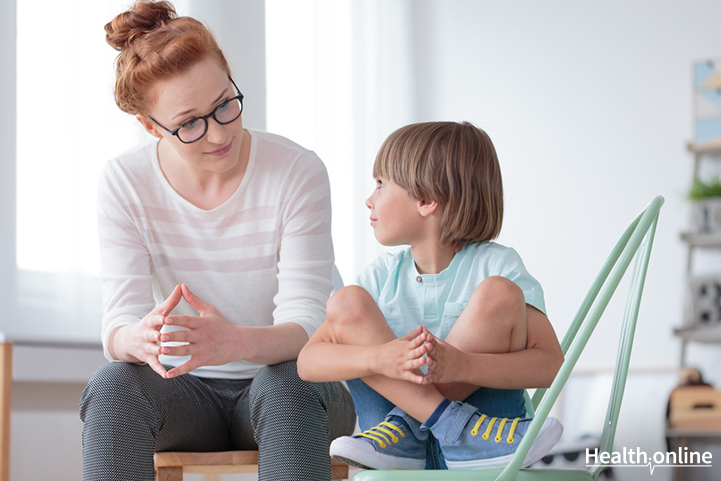
6 Ways to Help Your Child Deal With Anxiety
A child’s anxiety can manifest as worry, tantrums, fears and panic attacks. Your child’s anxiety symptoms can also appear when you are about to go to work or it is time for her school. How to help a child with anxiety disorder? Is it a real cause of concern? Is child anxiety even real? These are some of the questions parents can struggle with and may wish for helpful solutions.
Here are six ways you can help your child deal with anxiety:
Understand the Anxiety
To help your child deal with anxiety, try to first understand the problem. Some anxiety is normal for kids. But when your child’s anxiety becomes excessive then it is a problem you need to address sooner than later. Your child’s anxiety treatment or solution can be more successful if you know the cause of the problem. There can be many reasons for a child’s separation anxiety . It can occur due to a change in school, residence or any traumatic event in the child’s life. Kids can lack social confidence and it can cause them anxiety when they are starting at a new school. Asking them the right questions can be helpful. Ask them if they are feeling worried or shy; if they feels their belly tightening or heart racing just thinking of going to school or before doing an activity. With time, you will learn to recognize the signs of your child’s anxiety and the cause behind it. When you know the triggers, you can manage them better. If your child’s anxiety stems from your leaving for work then help them understand the reasons you need to leave for certain hours every day. Help them organize activities to do while you are away. Similarly, take steps for other triggers for your child’s anxiety. You can go to school with them before term starts to help them become familiar with new surroundings and teachers. Accompany them to park and help them make new friends if they are shy.
Recommended Read: Causes of Anxiety Disorders
Help your Child Face Fears
For your child’s excessive anxiety problem, you may need to take some stronger measures. If separation anxiety is turning out to be a real problem then ensure that the child is used to being away from you for shorter durations of time before day-long separations. You can ask the babysitter to come to the house in your presence and help your kid feel comfortable in the situation. Leave your child with the babysitter for an hour or two before returning home. If your child’s anxiety increases in front of strangers, invite new neighborhood kids to your home for some scheduled fun. Help your child come face-to-face with their fears to overcome specific anxiety triggers.
Know when to Pay Attention
Kids can play with your emotions to get what they want if you pay unnecessary attention to their anxiety. Learn to recognize signs of real problems and anxiety that is normal, and prioritize dealing with those.
Offer Rewards
Encourage your child to face their fears by offering rewards for the effort. Ensure that the rewards are good enough for your child to feel motivated to perform the tasks despite the anxiety. Outings and game nights are good reward ideas.
Teach Relaxation Techniques
Teach your child to breathe deeply when anxiety begins to appear. Teach them to focus on positive things to divert their minds from anxiety triggers. Teach them to repeat positive words silently when they begin to become anxious. Ensure that you teach them tools to manage anxiety themselves instead of always being on hand to deal with it.
Recommended Read: Treatments for Anxiety Disorders
Seek Professional Help
Don’t shy away from seeking professional help if your child’s anxiety becomes excessive enough to be diagnosed as a disorder. Talk therapy or art therapy are ways to help children manage their anxieties in positive ways.
Keep yourself updated with the latest on Parenting . Like us on Facebook and follow us on Twitter for more on Health and Family Planning & Pregnancy . Also, check out our Health Tools and try out our health-related Quizzes .




